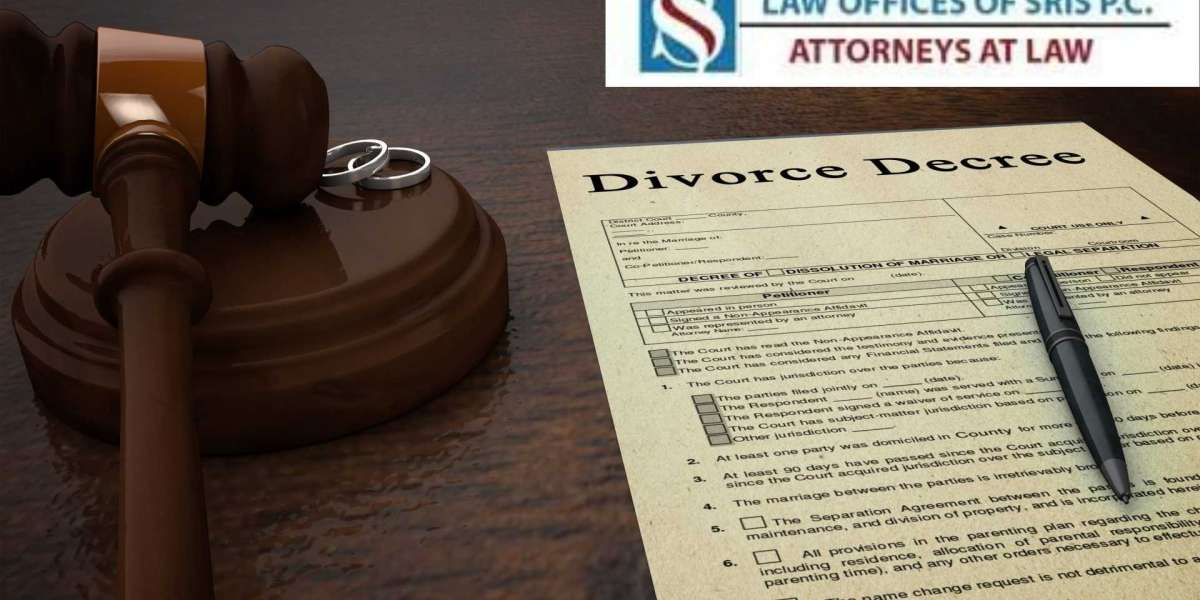Here are some practical and lesserknown fundamentals about divorce cases in New York that you may not have learned in school:
- Unlike community property states, New York divides marital assets based on what is "fair," not necessarily equal. This means one spouse could receive a larger share depending on factors like income, contributions, and future needs.
- Fault Is Mostly Irrelevant in Property Division
While New York allows for faultbased divorce grounds (e.g., adultery, cruelty), these rarely impact the division of assets. Courts focus on financial and practical considerations over moral judgments.
- NonTitled Spouses Can Claim Property Rights
Even if an asset, like a home or investment account, is in one spouse's name, it can still be considered marital property subject to division if acquired during the marriage.
- Assets owned before marriage can lose their "separate" status if commingled. For example, depositing inherited money into a joint bank account may make it marital property.
- Debts Are Divided Too
Marital debts, such as credit card balances, loans, or tax liabilities, are divided just like assets. Courts consider who incurred the debt and how it benefited the household.
- Retirement Accounts Are Marital Assets
Pensions, 401(k)s, and IRAs earned during the marriage are divisible in divorce. A Qualified Domestic Relations Order (QDRO) is often required to distribute these funds without penalties.
- When deciding child custody, New York judges consider the "best interests of the child," which can include factors like parental fitness, stability, and the child’s preferences if they are mature enough.
- Longterm marriages typically result in more significant financial obligations, such as spousal support or a larger share of assets for the lowerearning spouse.
- Spousal Support Is Not Guaranteed
It depends on factors like income disparity, the recipient's need, and the payor's ability to pay. Temporary maintenance may be granted during the divorce process.
- Mediation Is Highly Encouraged
New York courts often recommend mediation for resolving disputes, especially for uncontested divorces. It’s faster, cheaper, and less emotionally taxing than litigation.
- PostDivorce Modifications Are Possible
Child support, custody, and alimony agreements can be modified after the divorce cases in new york if there is a significant change in circumstances, such as job loss or a move.
- Custody Battles Can Be Invasive
In contested custody cases, courts may appoint a guardian ad litem to investigate the family dynamics. This could involve interviews, home visits, and access to medical or school records.
- Forensic accountants are often employed to uncover undisclosed income, offshore accounts, or undervalued business interests.
- Digital Assets Are Increasingly Relevant
Cryptocurrency, digital copyrights, and online business revenues are now common in divorce cases. Proper valuation of these assets is crucial during property division.
- Divorcing Without an Attorney Is Risky
While uncontested divorces may seem simple, even small mistakes in paperwork or agreements can lead to costly complications later.
- In New York, a divorce filing requires at least one spouse to meet residency requirements, including living in the state for a year and being married there.
- Posts, messages, and photos on social media can be used as evidence in divorce proceedings, especially in custody or alimony disputes. Caution is essential.
- Health Insurance May End
Once divorced, a spouse may lose access to their partner's health insurance plan. COBRA coverage or private insurance often becomes necessary.
- Business Valuations Are Complex
If one or both spouses own a business, valuing it for divorce purposes involves assessing its assets, liabilities, and goodwill. This process can require experts and lead to disputes.
- Divorce Can Impact Credit
Joint credit accounts must be addressed during a divorce. Failure to close or separate these accounts can lead to credit damage if one spouse misuses them.
- Custody Decisions Are Hard to Reverse
Once custody orders are issued, they’re challenging to change unless there is clear evidence of a substantial change in circumstances.
- Divorcing Couples Often Overlook Taxes
Tax implications of property transfers, alimony, and filing status changes are significant, making it crucial to consult a tax advisor during divorce planning.
- Even uncontested divorce center new york ny can take months to finalize due to court backlogs, mandatory waiting periods, and complex financial arrangements.
- DIY Divorce Calculators Are Limited
While online divorce calculators can give estimates, they often fail to account for unique circumstances like asset commingling, debt, or highnetworth cases.
Understanding these fundamentals can help clients and professionals navigate the divorce process with greater clarity and confidence.


